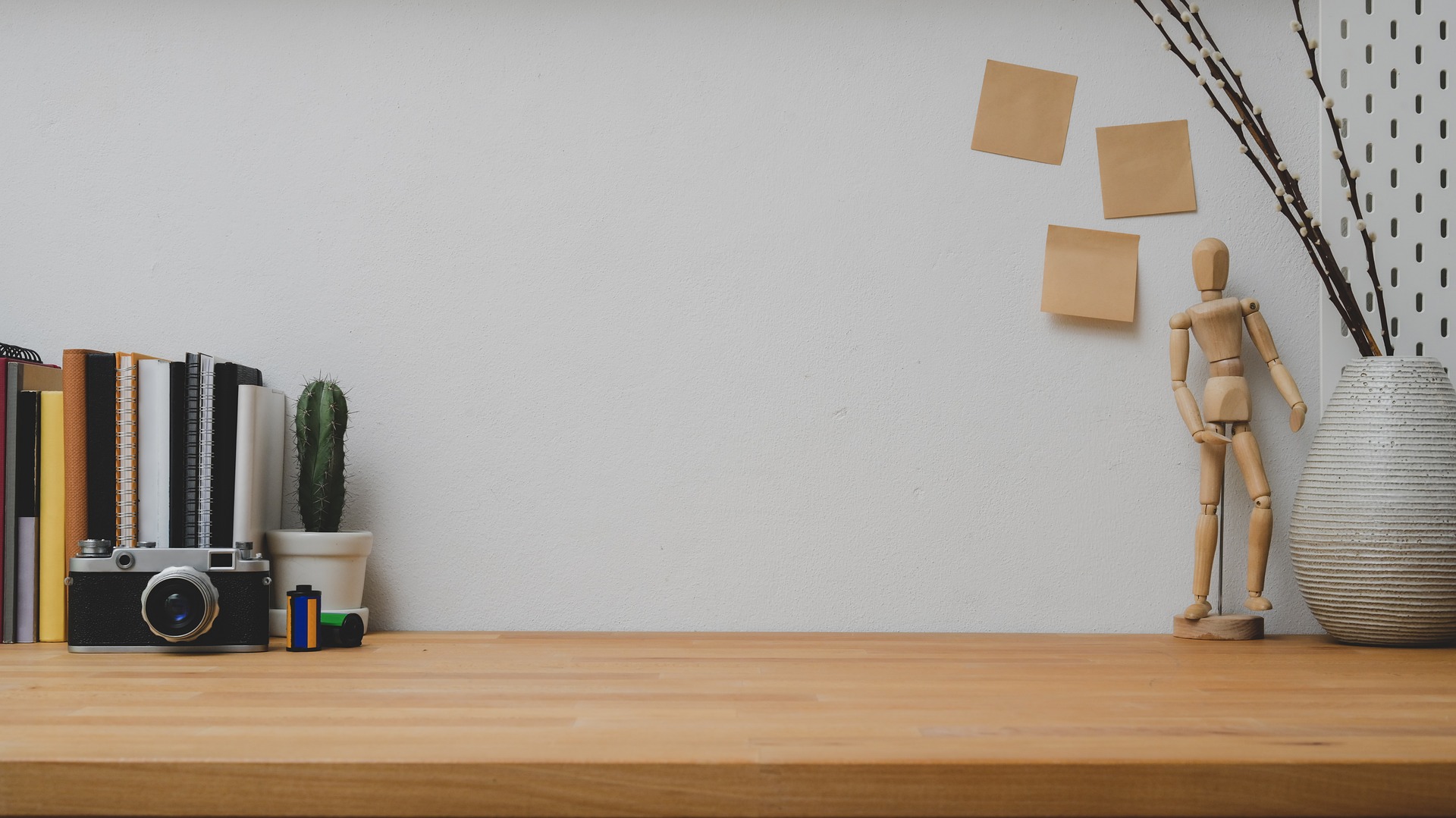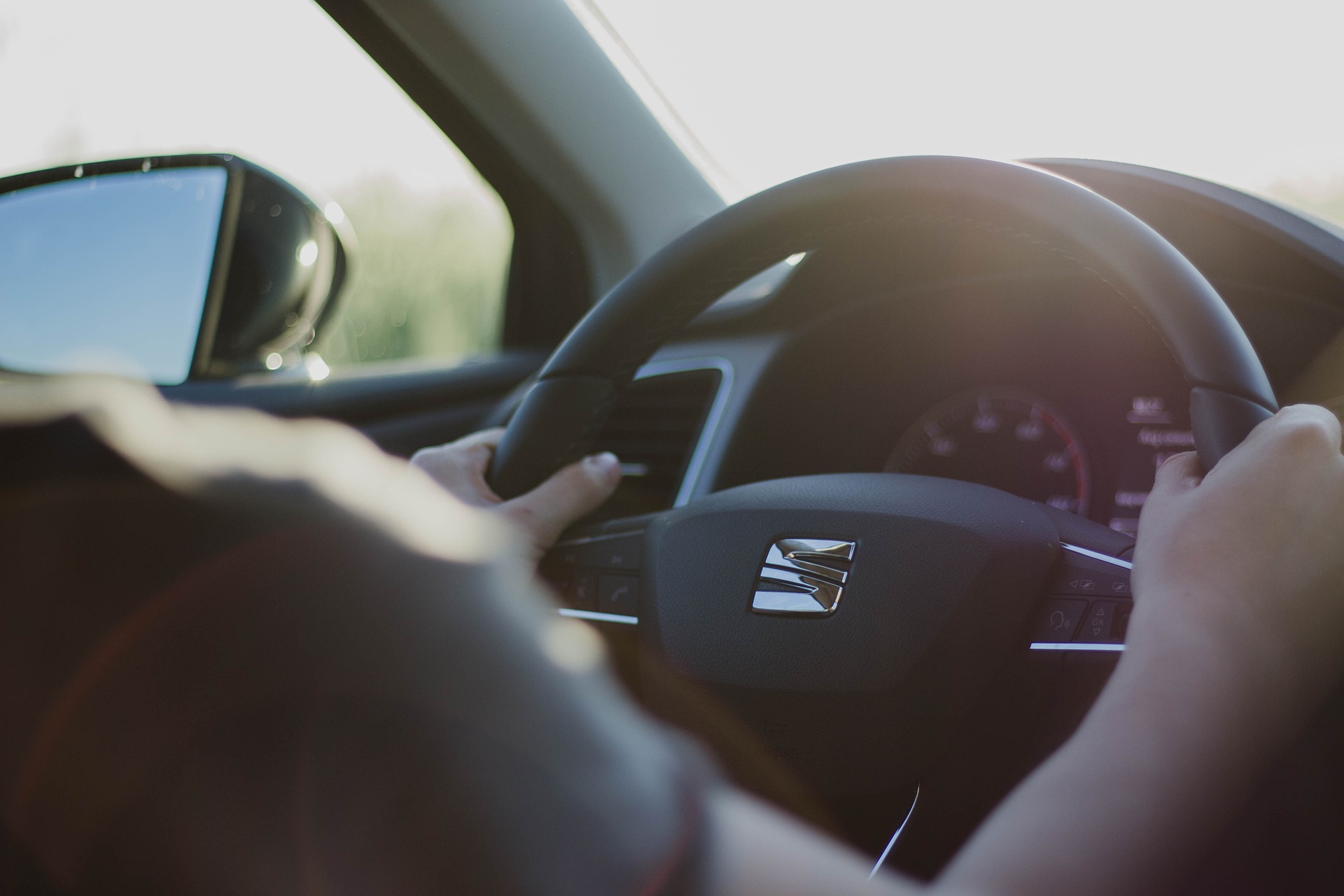Minimalism is a lifestyle and design movement that emphasizes simplicity, functionality, and the removal of unnecessary items and distractions. It is about living with less, focusing on what truly matters, and finding joy in the essentials. Minimalism has gained popularity in recent years as more and more people have come to realize the benefits of living with less. In this article, we will explore the principles of minimalism and how it can be applied to different aspects of life.
The first step in embracing minimalism is to declutter your home and surroundings. This means getting rid of anything that doesn’t bring you joy or serve a purpose. It’s about letting go of the excess and keeping only what is truly important. Decluttering can be a difficult process, but it is also very liberating. It allows you to focus on the things that matter and to see your home and surroundings in a new light.
Minimalism is also about simplicity. It is about choosing simplicity over complexity in all aspects of life. This means simplifying your wardrobe, your schedule, and your possessions. It’s about choosing quality over quantity and valuing the things you have. It is also about simplifying your home and surroundings by choosing clean lines and neutral colors. The goal is to create a space that is simple, functional, and calming.
Minimalism is also about mindfulness. It is about being present and aware of the things around you. This means taking the time to appreciate the things you have and to be grateful for what you have. It also means being mindful of your actions and the impact they have on the environment. Minimalism is about living in a way that is mindful of the planet and the resources we use.
Minimalism can be applied to different aspects of life. It can be applied to the way we live, the way we work, and the way we consume. It can also be applied to the way we travel and the way we spend our time. The goal is to simplify and to focus on what truly matters.
Minimalism is not about living with nothing or being deprived of the things you love. It’s about being intentional and mindful about the things you choose to bring into your life. It’s about living with less but also living with more purpose and intention.
Minimalism also has many benefits. It can lead to a more organized and functional home, it can free up time and energy, it can help to reduce stress and it can also help to reduce environmental impact. Minimalism is not only about simplifying your life but also about finding a deeper sense of meaning and purpose in your life.
Embracing minimalism is a personal journey and it may take time to adapt. It’s important to remember that it’s not about perfection, it’s about progress. And it’s about finding balance and what works for you.
Image by Bongkarn Thanyakij from Pixabay










